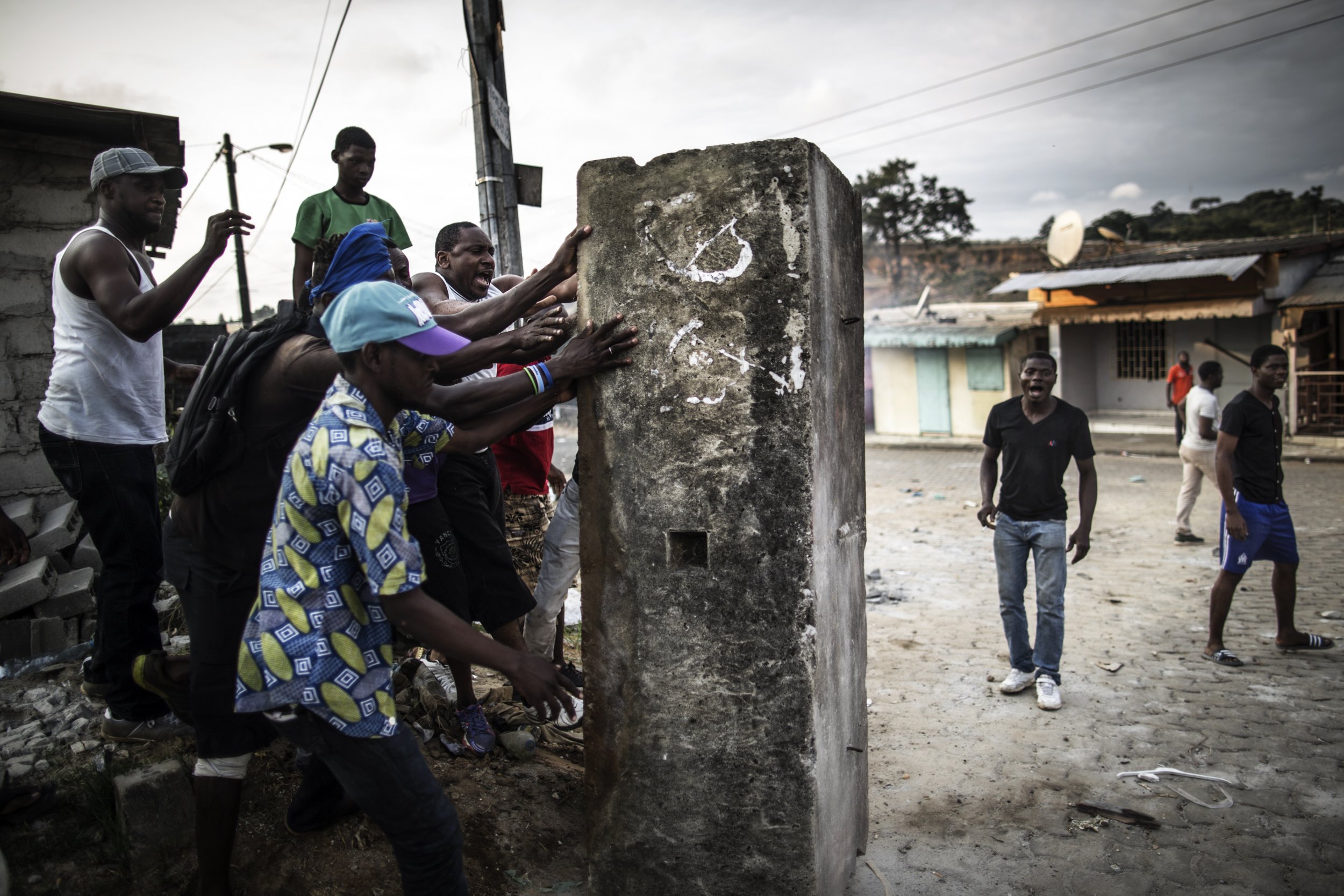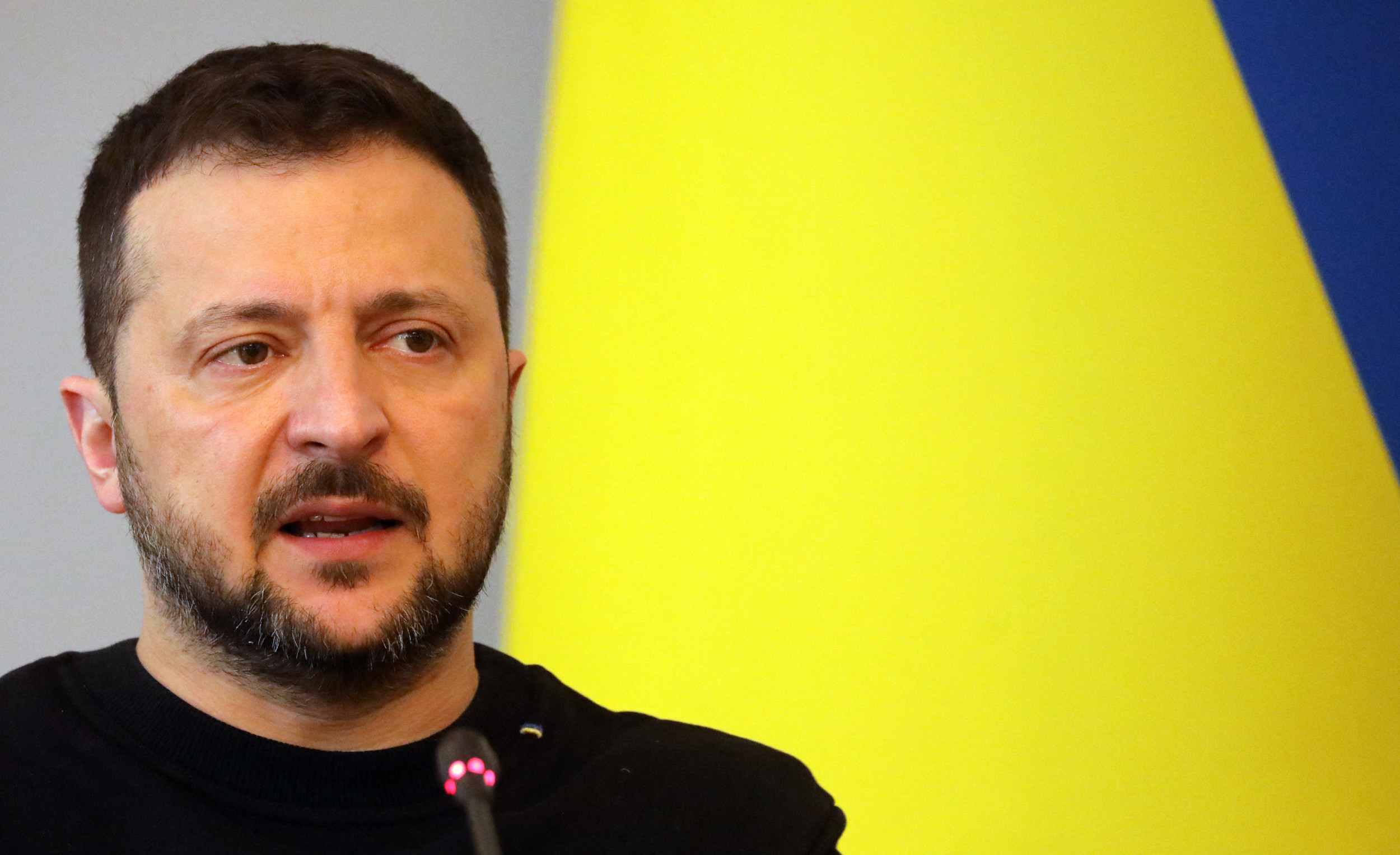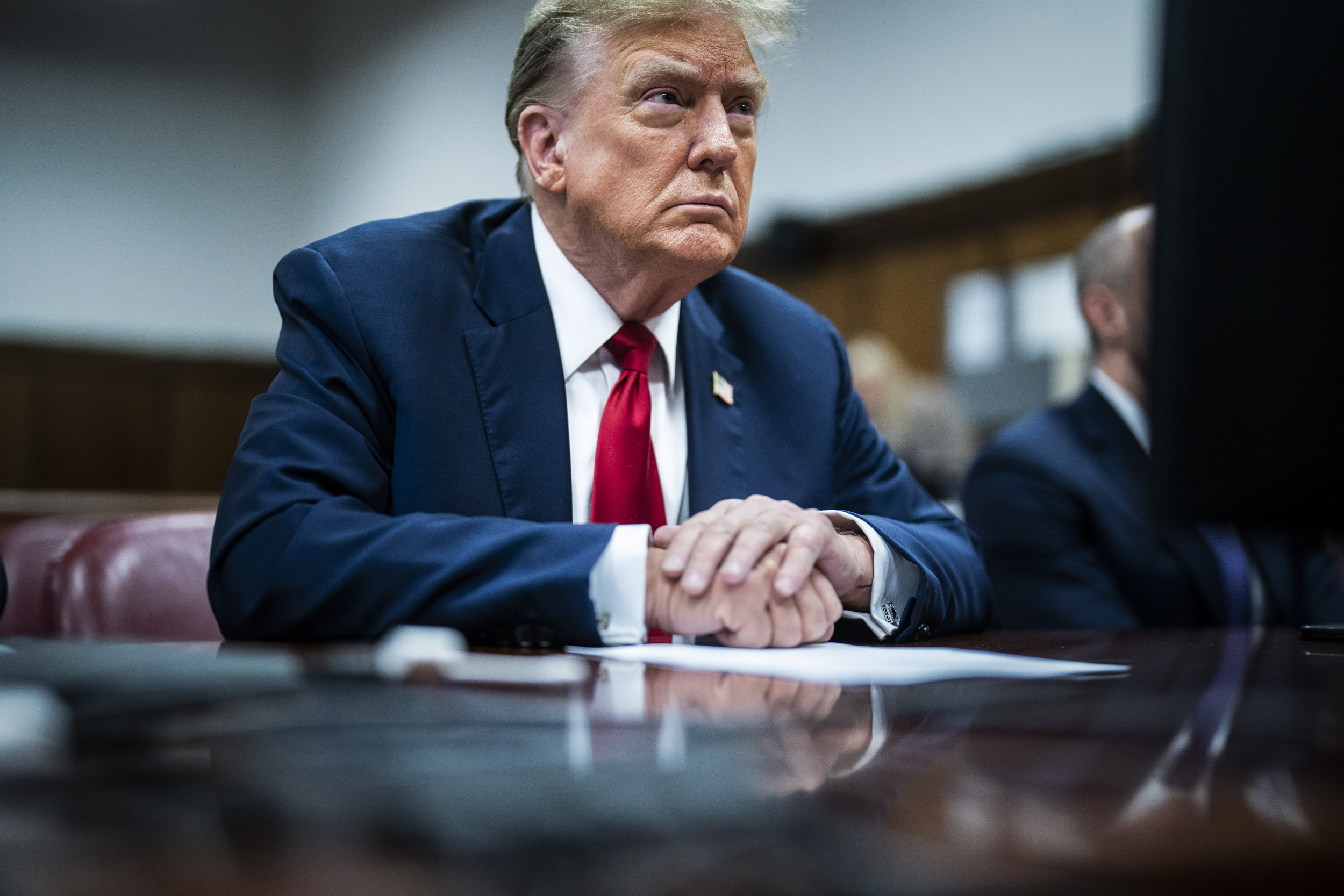
The disputed election results in Gabon have left the Central African country facing what could be the most serious political crisis in its history. The ferocity of the opposition's reaction to its supposed defeat is unprecedented, but popular resentment against the government has been building for years.
The ruling dynasty, headed now by President Ali Bongo, has largely been able to ensure political stability throughout the 50 years of its rule by drawing on the country's abundant oil revenues. The Bongos, however, have failed to translate oil wealth into improving living standards of the Gabonese. Now, simmering tensions have been brought to a head by what is viewed by many as the fixed result of the vote.
Supporters of opposition leader Jean Ping have since descended on the streets of the capital Libreville, as well as Port-Gentil, the oil-rich economic hub, and other key towns, decrying electoral fraud and clashing with security forces.
In many ways, the events resemble those surrounding 2009 presidential polls. Now, as then, the main contenders claimed electoral victory before the official results were released. In both cases, Bongo's victory was disputed by the opposition and incited deadly post-election violence.
Several factors suggest, however, that this time Bongo will have much harder time in defending the legitimacy of his mandate and restoring normality. The electoral results appear more blatantly fabricated; the opposition is more united; and Bongo is more isolated in the international arena.
To a great extent the president's position will depend on the support of the security forces, particularly the Presidential Guard, and their willingness to quell mass protests. But even in this case, the economic malaise induced by low oil prices, and the widespread fatigue after nearly half a century of Bongo family rule, will make his second term anything but serene. Continuing political instability will likely make investors pause before major investments in the country. This in turn will undermine Bongo's ability to tackle growing current account deficit and public as oil price revenues dry up.
A united opposition will resist Bongo's 'victory'
For several years, Gabon's opposition has been fractured giving Ali Bongo a lifeline. In 2009, the opposition votes were almost equally split between two main candidates, Pierre Mamboundou and André Mba Obame, each of whom garnered just above 25 percent of the vote. The failure by the opposition to present a single presidential candidate was the main factor behind Bongo's victory at that time.
In 2016, by contrast, four key opposition candidates withdrew from the race in August and rallied behind Ping. This last-minute unification of the opposition greatly contributed to Ping's strong showing and left Bongo reliant on outright fraud.
The falsification of the results appears obvious, with Bongo supposedly winning 95 percent of the vote on a 99.9 percent turnout in his stronghold of Haut-Ogooué province.
The blatant manner in which the election has been stolen suggests that this time, even if the opposition lacks a shared political agenda, it has ample motivation to pursue its objective of ousting Bongo. Ping and his supporters will not be satisfied with an appeal to the Constitutional Court; instead they will attempt to use mass protests to bring down the government.
Growing diplomatic isolation makes Bongo overthrow more likely
In 2009, angry protesters set fire to the French consulate and the offices of a French oil major in Port-Gentil, accusing Gabon's former colonial power of helping Bongo rig the election in his favor. Seven years later, the tables have turned. Bongo has warned France's ruling Socialist Party against interfering in the country's affairs, after its officials stated on Sunday that preliminary results showed Ping winning the election. The incident underlines Bongo's increasingly sour relations with his long-standing ally France, bourne from corruption investigations of his family's assets and Gabon's closer collaboration with China.
In the event of a continued fighting between the opposition and the government forces France may eventually decide to militarily intervene as it did in Côte d'Ivoire in 2011, although this will be very last resort.
However, France is not the only international actor distancing itself from Bongo following the disputed election. European Union observers also have criticized a lack of transparency in the vote. Like France, the EU and the U.S. have called on Gabonese authorities to release results of individual polling stations as demanded by the opposition.
This mounting diplomatic isolation increases the chances that Bongo will resort to desperate measures to cling to power. Indeed, the bombing of the opposition headquarters and the arrest of over 1,000 people demonstrate the government's determination to crackdown on the protests. It also shows that the security forces remain mostly loyal to Bongo at this stage, which will be crucial in defending his regime. Nevertheless, the lack of external support will embolden internal actors to try to overthrow Bongo or press him to step down.
A swift and brutal repression of the post-election protests could calm the situation in the coming days and weeks. Even if Bongo can survive for now, however, Gabon's reputation as a haven of stability in a volatile region stands in ruin. Without international support or internal legitimacy, Bongo is poorly placed to attract the investment that is needed to revive the economy and guarantee the basis of his power. This economic stagnation and dwindling oil prices will combine, corroding his ability to maintain the system that has ensured his family to rule over Gabon for such a long time.
Maja Bovcon is a Senior Africa Analyst at global risk consultancy Verisk Maplecroft.
Uncommon Knowledge
Newsweek is committed to challenging conventional wisdom and finding connections in the search for common ground.
Newsweek is committed to challenging conventional wisdom and finding connections in the search for common ground.
About the writer
To read how Newsweek uses AI as a newsroom tool, Click here.








